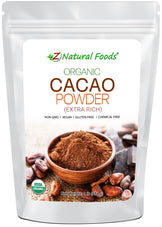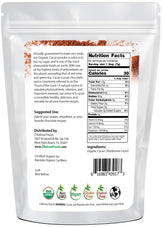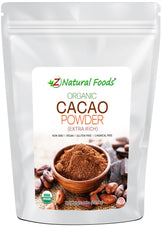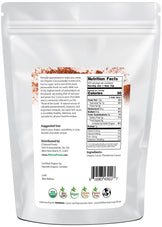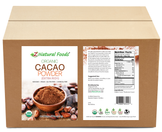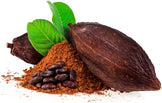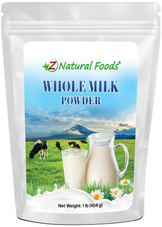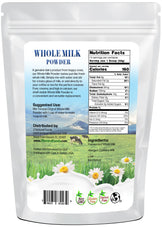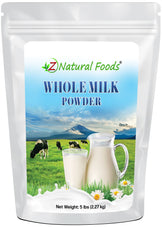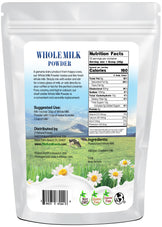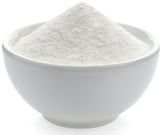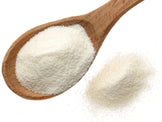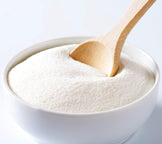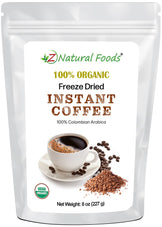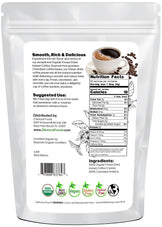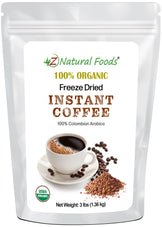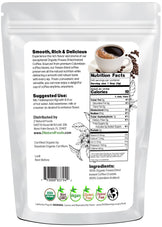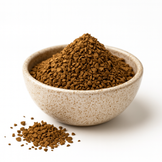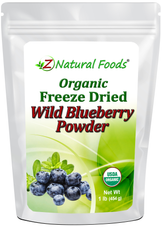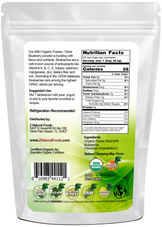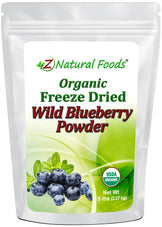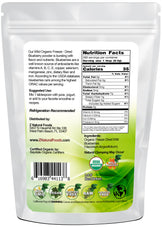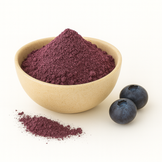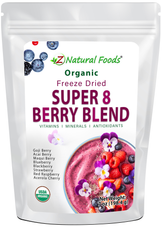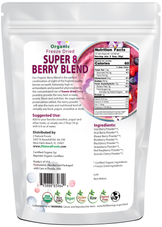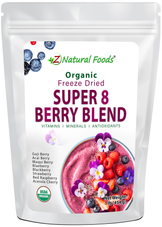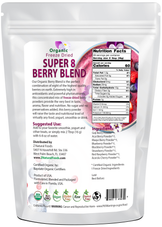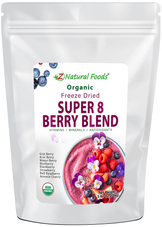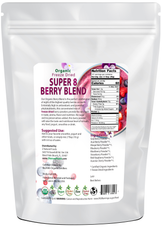Description
Description
The world-famous Mediterranean lifestyle is the most well-known and intensely studied combined nutritional and behavioral habits for supporting a healthy inflammation response and aging process.
Filled with great food and simple daily lifestyle habits, this way of living has proven tremendously successful in many areas of health and longevity.
You may have heard about specific regions known as Blue Zones. These are synonymous with many of the same achievements of the Mediterranean lifestyle based on traditional eating and lifestyle habits. Interestingly enough,
two of the five blue zones are in the Mediterranean region.
There are five blue zones worldwide:
- Sardinia, Italy;
- Okinawa, Japan;
- Nicoya, Costa Rica;
- Icaria, Greece; and
- Loma Linda, California.
However, the term blue zone refers explicitly to areas whose populations live well above the average lifespan. The total package of their lifestyle habits is believed to be the most significant contributing factor.
The Mediterranean lifestyle has some intrinsic differences based on geographic location. For example, areas closer to the ocean eat more seafood, whereas those more inland eat more meat.
However, there is a list of foods that all versions of the Mediterranean lifestyle consider essential for daily consumption. These include:
It is no secret that consistency and compliance with all aspects of the MED lifestyle are most important for producing optimal results.
This article is not just an introduction to the Mediterranean lifestyle but will also delve deeply into the primary aspects that make this lifestyle so successful. In the coming weeks, in our “Mediterranean” series of articles, you can expect a thorough understanding and well-explained comparisons to some of the most well-known, highly marketed diets. We highlight the similarities and differences between the Mediterranean lifestyle and diets like keto, vegan, pescatarian, and the worst offender of all, the Standard American Diet.
The Mediterranean Lifestyle (Not Diet): The True Indicator of Success
You may have noticed that when we speak about the Mediterranean lifestyle, we don’t use the term “Diet.” We at Z Natural Foods do not like the word diet for many reasons. This term brings along with it some very negative aspects and a profound lack of overall success in maintaining a healthy body weight and improving overall health.
As mentioned above, compliance and consistency get you to the winner's podium, and an equally crucial proven fact is that short-term fad diets NEVER contribute to better health.
Today, we invite you to discover all of the unique and spectacular attributes of the Mediterranean lifestyle as we give you the
Top three reasons why the Mediterranean lifestyle should NEVER be called a diet
1) It is the most intensely researched and proven lifestyle for supporting healthy body weight and improving risk factors like inflammation across a wide range of conditions. Both long and short-term studies prove this point.
It is no secret that inflammation, or more precisely, an unhealthy inflammation response, is considered the primary underlying cause of many ailments. Inflammation is the reaction of a part of the body to injury or infection, characterized by swelling, heat, redness, and pain.
The process includes increased blood flow with an influx of white blood cells and other chemical substances that facilitate healing. A small amount of inflammation in response to an injury to tell when something is wrong so the body can do its job and fix it is normal and healthy. However, over time, repetitive bouts of low-grade inflammation (caused by poor eating and lifestyle habits) promote an overstimulation of the inflammatory response and lead to chronic systemic inflammation. According to much of the research, supporting a healthy inflammation response is one of the primary mechanisms of action the Mediterranean lifestyle supports.
A study titled Adherence to the Mediterranean Diet and Inflammatory Markers, which looked at how long-term compliance to this lifestyle affected markers of inflammation, stated the following:
- Adherence to the Mediterranean diet in adolescent males was 51.3% and 45.7% in adults, whereas in females, it was 53.1% and 44.3%, respectively.
- In males, higher adherence to the Mediterranean diet was associated with higher levels of adiponectin and lower levels of leptin, tumor necrosis factor-alpha (TNF-α), plasminogen activator inhibitor 1 (PAI-1), and high-sensitivity C-reactive protein (hs-CRP) in adults but not in young subjects. In females, higher adherence was associated with lower leptin levels in the young group, PAI-1 in adults, and hs-CRP in both groups.
- With increasing age in both sexes, metabolic syndrome increases, but adherence to the Mediterranean diet decreases.
- The people who experienced the most significant rise in polyphenol levels were shown to have significantly lower blood pressure and increased levels of beneficial HDL cholesterol compared to those with the lowest polyphenol evaluations.
Therefore, it was concluded that “low adherence to the Mediterranean dietary pattern (MDP) is directly associated with a worse profile of plasmatic inflammation markers.” This conclusion, a result of rigorous scientific research, provides a solid foundation for the health benefits of the Mediterranean lifestyle.
This scientific basis not only makes the Mediterranean Diet a reliable choice but also a practical one for health-conscious individuals, instilling confidence in its effectiveness.
2) Many individual foods in this lifestyle are well-studied for supporting various aspects of longevity and good health.
A few examples include olive oil, coffee, walnuts, and chocolate, all containing potent polyphenolic compounds.
While it is true that each one of these foods is powerful as an individual entity, the effects of combining them bring much more significant results. As a refresher, polyphenols are a term used to describe a general category of compounds found in a broad spectrum of fruits, vegetables, and tea that work as “reducing agents” along with other compounds known as antioxidants to support a healthy inflammation response and the body's ability to protect and repair damaged tissue caused by oxidative stress.
While over 8,000 polyphenols have been identified, some of the most common are flavonoids, flavonols, and anthocyanins. The importance of discussing these various compounds allows you to more clearly understand the wide range and complexity of nourishment you are getting from these powerful foods.
The following was stated in a randomized controlled trial comparing a low-fat diet to a Mediterranean lifestyle high in extra virgin olive oil and its effects on atherosclerosis progression in coronary heart disease.
- “The Mediterranean diet decreased IMT-CC at five years (−0.027±0.008 mm; P<0.001), maintained at seven years (−0.031±0.008 mm; P<0.001), compared to baseline. The low-fat diet did not modify IMT-CC. IMT-CC and carotid plaquemax height were higher decreased after the Mediterranean diet, compared to the low-fat diet, throughout follow-up.”
Therefore, it was concluded that “long-term consumption of a Mediterranean diet rich in extra virgin olive oil, if compared to a low-fat diet, was associated with decreased atherosclerosis progression, as shown by reduced IMT-CC and carotid plaque height. These findings reinforce the clinical benefits of the Mediterranean diet in the context of secondary cardiovascular prevention.”
Next, in a paper discussing free and total polyphenols in nine types of raw and roasted nuts, it was stated that not only did walnuts have the highest free and total polyphenols, but “walnut polyphenols had the best efficacy among the nuts and also the highest lipoprotein-bound antioxidant activity”. Based on USDA availability data, the per capita total polyphenols was 162 mg from nuts per day in 2008.
This corresponds to 19% of the total polyphenols from fruits and vegetables, nuts, grains, oils, and spices in the US diet. Nuts provided 158 mg of polyphenols per day to the European Union diet.
Why tradition, quality, and the correct ingredients matter for the Mediterranean Lifestyle
A critical point to understand regarding this lifestyle is that quality ingredients and tradition are never compromised. The following was stated in a comparative study looking at the effects of cooking with olive versus sunflower oil on the antioxidant activity of tomatoes.
- Consumption of tomato products with olive oil significantly raised the plasma antioxidant activity, but no effect was observed when the sunflower oil was used.
- The change (supplementation minus start values) in FRAP following the consumption of tomato products with oil was significantly higher for olive oil than for sunflower oil.
Therefore, it was concluded that “the study results show that consumption of tomato products with olive oil but not with sunflower oil improves the antioxidant activity of the plasma.”
Finally, we do not doubt that you have heard of the most well-known “age-supporting” compound, resveratrol, and its association with red wine consumption. Well, one of the more underrated foods in the Mediterranean lifestyle is aged balsamic vinegar. Did you know that during the aging process, balsamic vinegar absorbs polyphenols from its wooden barrels, taking its polyphenol content from 26 mg per 100 grams to 2000 mg per 100 grams? Over ⅓ of those polyphenols are catechins, quercetin, and resveratrol, making this food a better source of this powerful compound than red wine.
3) While eating habits and food choices are the primary factors contributing to this lifestyle's success, many other aspects also play a vital role.These include spending time with loved ones, building a close-knit community, and daily physical activity. In a world-famous 80-year Harvard study about the importance of human connection and health, it was concluded that those who fared best were the ones who leaned on relationships with friends, family, and community.
The following was concluded In what is believed to be a study that represents one of the first systematic reviews and meta-analyses providing a comprehensive picture of high adherence to the Mediterranean lifestyle and overall physical fitness. “A high Mediterranean lifestyle adherence was associated with higher levels of cardiorespiratory fitness, musculoskeletal fitness, and overall physical fitness in the entire adult population.”
It was further noted that age, sex, BMI, health, and smoking status intake did not influence the strength of these associations.
Putting it all together for your Mediterranean Lifestyle
It is common for people to believe and conclude that the Mediterranean lifestyle is most effective only if one lives in an area where tradition, top-quality ingredients, and the ability to live this way are the priority.
Well, here is the good news. All of the Mediterranean lifestyle habits are easy to incorporate into your lives regardless of where you live, and thanks to technology, acquiring the ingredients (in a day or two) to ensure you are getting the best nourishing is readily available.
However, living in a more fast-paced Western society, it is always best to have more choices if you can’t find specific ingredients. Therefore, adhering to a food program that combines the best of the blue zone and the Mediterranean lifestyle may be an equally good choice.
In the end, if your goal is excellent health and long-lasting results for maintaining a healthy body weight and supporting a healthy aging process, the Mediterranean lifestyle is proven to show its superiority across the board.



